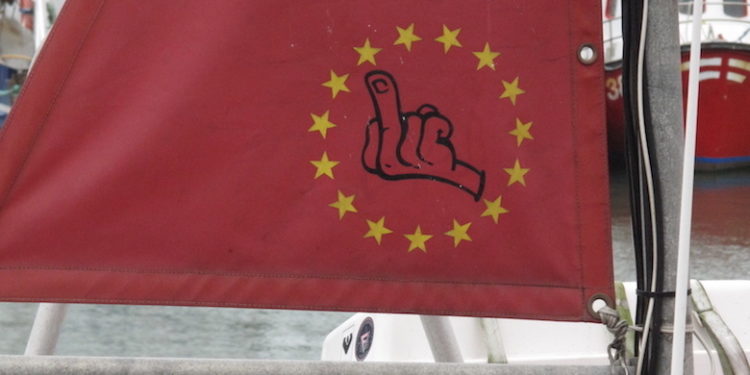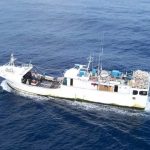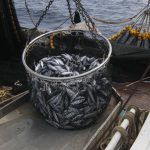There has been no shortage of fury and plenty of wild punditry over the last few days since the terms of the Brexit transitional arrangements hit the press at the weekend, with the revelation that the UK’s fishing industry can expect to remain tied to the CFP for the duration of the two-year transition period.
The NFFO reports that they are still trying to obtain a full picture of what may or may not have been agree din Brussels, while there has been understandable concern throughout the industry.
‘We were led to believe that the UK would be as an independent coastal state from March 2019. The Prime Minister told us that only a fortnight ago,’ an NFFO spokesman said.
‘This timetable and perhaps much else has been conceded as part of the transition. In fact, under international law the UK will be an independent coastal state from March. But we will immediately tie ourselves into an arrangement with the EU that is worse that we had before – as the UK will not have a seat at the table when the quotas are decided.’
The question of consultation is high on the agenda, as this is part of the proposed arrangement.
‘Will this be cosmetic in nature, or a meaningful participation amounting to agreement, like the EU/Norway annual agreement which are styled as consultations? In the meantime the UK’s asymmetrical relationship with the EU on fisheries continues.’
‘The Prime Minister told us that UK would renegotiate quota shares and control access over who fishes in UK waters, and under what conditions. That promise is on hold now and may never materialise. This is being presented as tactical concession that will not prejudice our longer term aims. But it has all the hallmarks of a capitulation,’ is the NFFO’s current take on the situation.
‘The danger with agreeing to the EU’s terms is that we would be a coastal state in name only. But there is also danger in making concessions as part of transitional arrangements because similar pressures will apply when it comes to negotiations, later this year, on the UK’s long term relationship with the EU. The EU, not unnaturally will want to maintain the asymmetric and exploitative relationship that currently exists. In the immediate future, sticking to the existing quota shares (relative stability) during the transition period will cause serious difficulties when the EU landing obligation when it comes fully into force on 1st January 2019.’









